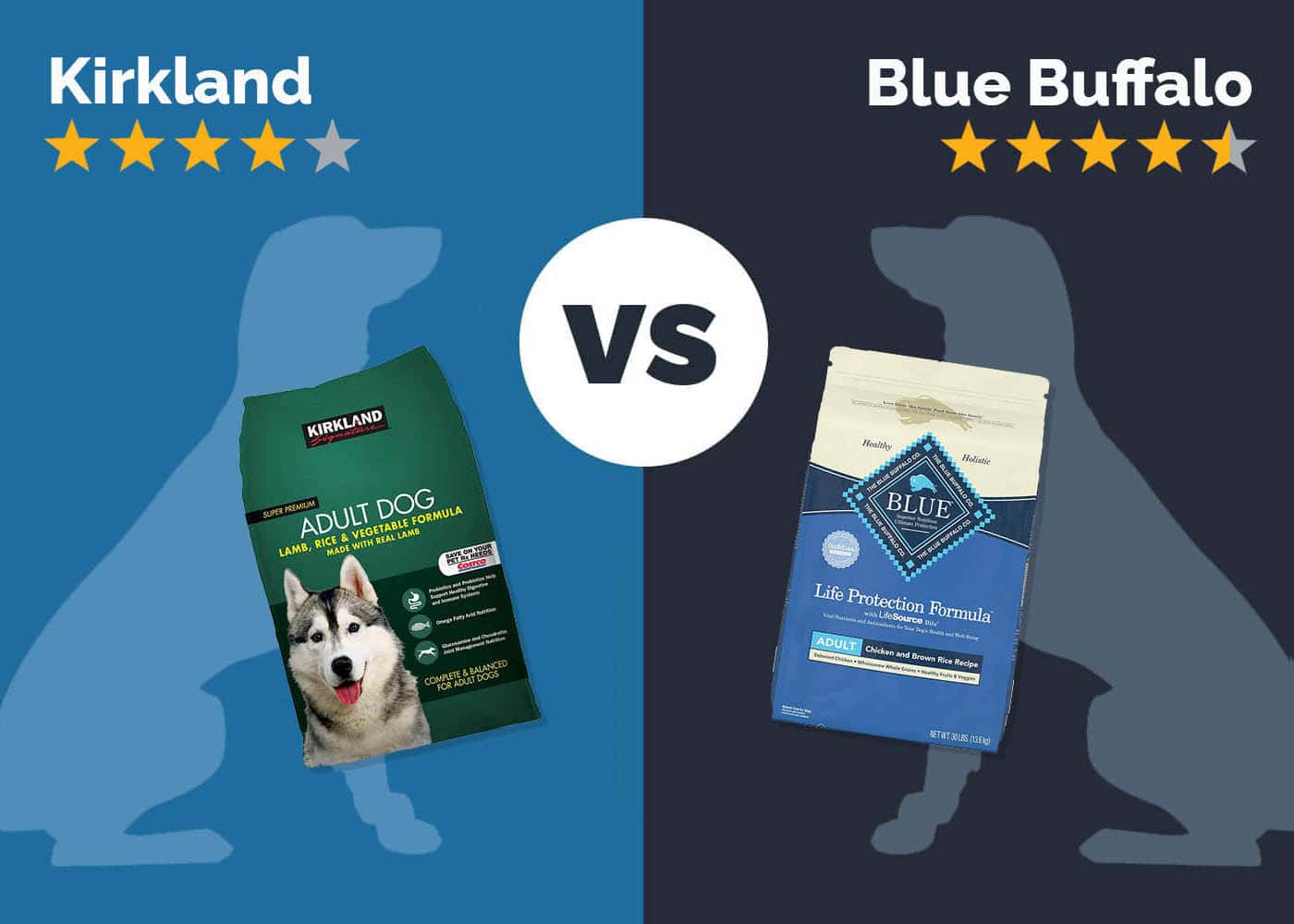Can Dogs Eat Ham? Vet-Approved Facts & FAQ
Updated on

Click to Skip Ahead
It’s no secret that dogs love to share human foods with their humans. However, as a dog owner, you must ensure that any food you share with your canine kiddo is safe, as not every food is suitable for dogs, even in the tiniest portions. The holidays are huge triggers for a dog to beg for human food; one such item typically present on these occasions is ham. Can dogs eat ham? While ham is non-toxic, it’s not ideal to feed your dog due to its ingredients, but it’s fine for most dogs in very small portions occasionally.
Let’s explore further to understand why ham is not the best choice as a human food treat for your dog. We’ll also look at healthier alternatives you can feel safe giving your dog.
What Ingredients Are in Ham That Are Bad for Dogs?
1. Sodium
So, we’ve established that ham is non-toxic to dogs, but this doesn’t mean you should feed your dog ham too often. The reason is store-bought ham is heavily processed and contains high amounts of sodium, and it doesn’t end there. The preservatives in ham are full of sodium-based nitrates and nitrites, both of which are not good for dogs or humans.
For dogs, too much salt can lead to vomiting, diarrhea, excessive thirst, excessive urination, abnormal fluid retention, and lethargy. In severe cases, salt toxicity can cause neurological signs such as tremors or seizures. Like us, dogs need a certain amount of salt in their diet, but this should come from their regular, balanced dog food and feeding extra salty foods, such as ham, is not good for their health.

2. Fat Content
Dogs need a little fat in their regular diets, the Association of American Feed Control Officials (AAFCO) nutritional guidelines state a minimum crude fat level of 5% for adults and 8% for puppies. A complete and balanced dog food should provide the necessary amounts according to your dog’s breed size and age. Ham has a higher fat content than most other types of meat, and you rarely see ham as an ingredient in dog food.
3. Corn Syrup
Corn syrup is present in most processed hams, and while it’s non-toxic to dogs, it has a very high sugar content that’s bad for humans and dogs. Repeatedly consuming excess calories in the form of sugary foods can lead to weight gain and eventual obesity.

Should I Avoid Specific Types of Ham to Give My Dog?
Ham is readily available in grocery stores and markets, but if you want to share a little with your pooch, it’s best to avoid hams prepared with many flavors, such as brown sugar, glazed, and honey ham. If you’re going to let your dog enjoy a small bite of ham from time to time, stick to deli ham with a lower sodium content.
Can Dogs Eat Ham Bones?
Absolutely not! Under no circumstance should you give your dog ham bones. Whether cooked or not, ham bones can break your dog’s teeth while they try to chew. They can also cause internal damage if the bone splinters off, causing painful damage to the intestinal tract and intestinal blockages. Not to mention, ham bones can be a potential choking hazard by getting caught in the esophagus, which can be fatal if not dislodged.

What to Do if Your Dog Eats a Ham Bone
If you know your dog ingested a ham bone, it’s vital to determine how much they ate. If only a tiny amount was ingested, observe your dog for signs of complications, such as vomiting, diarrhea, constipation, or abdominal pain. However, it’s best to be on the safe side and consult your veterinarian.
What Are Safer Alternatives to Ham for Dogs?
Most dogs want a bite of whatever you’re eating, but some human foods are just not worth the risk. Instead, to ensure your dog’s safety, give them safer alternatives that are healthy and serve some sort of nutritional benefit. If your dog suffers from any health conditions or is on a special diet then consult with your vet before adding new foods into your dog’s diet.
- Apples (avoid the stem and seeds, which are toxic to dogs)
- Blueberries
- Bananas
- Cucumbers
- Carrots
- Green beans (unseasoned)
- Peanut butter (ensure no xylitol is present)
- Pumpkin (good for upset tummies!)
- Raspberries
- Rice (plain, cooked)
- Strawberries
- Turkey (plain, cooked)
Final Thoughts
While ham is non-toxic to dogs, you should refrain from feeding it on a regular basis. The high sodium and fat content alone are reasons to avoid feeding ham to your dog often. If you plan to share ham from time to time, ensure it’s a lower sodium deli ham with a low-fat content, and ensure you cut the ham into small chunks for easy consumption. Remember to avoid ham bones!
Featured Image Credit: Foodio, Shutterstock













